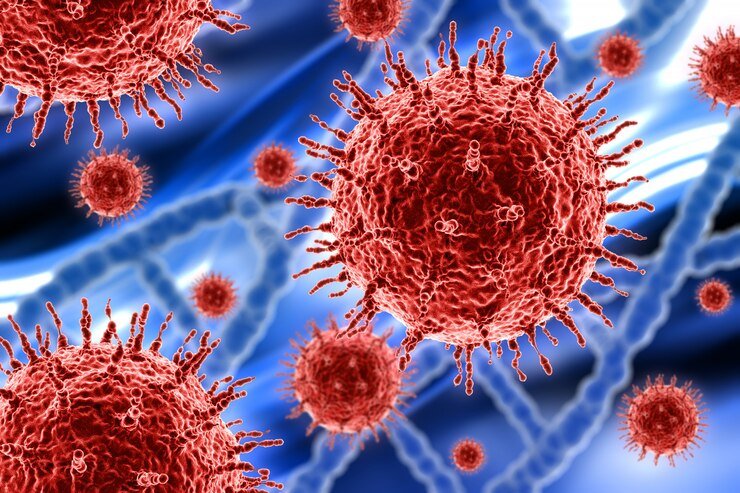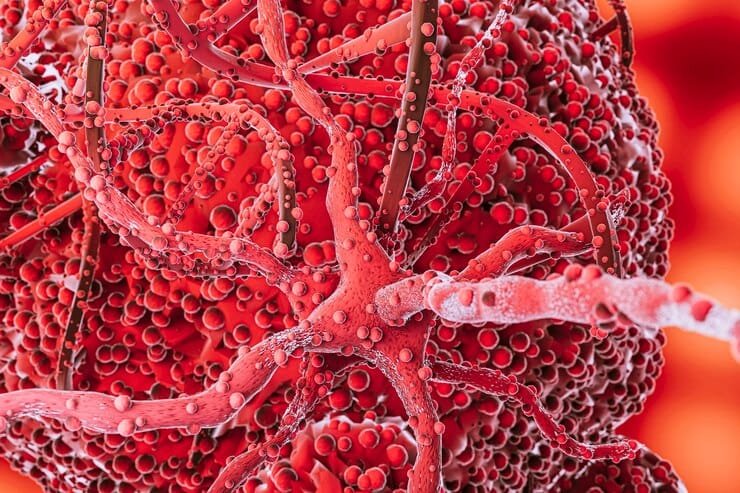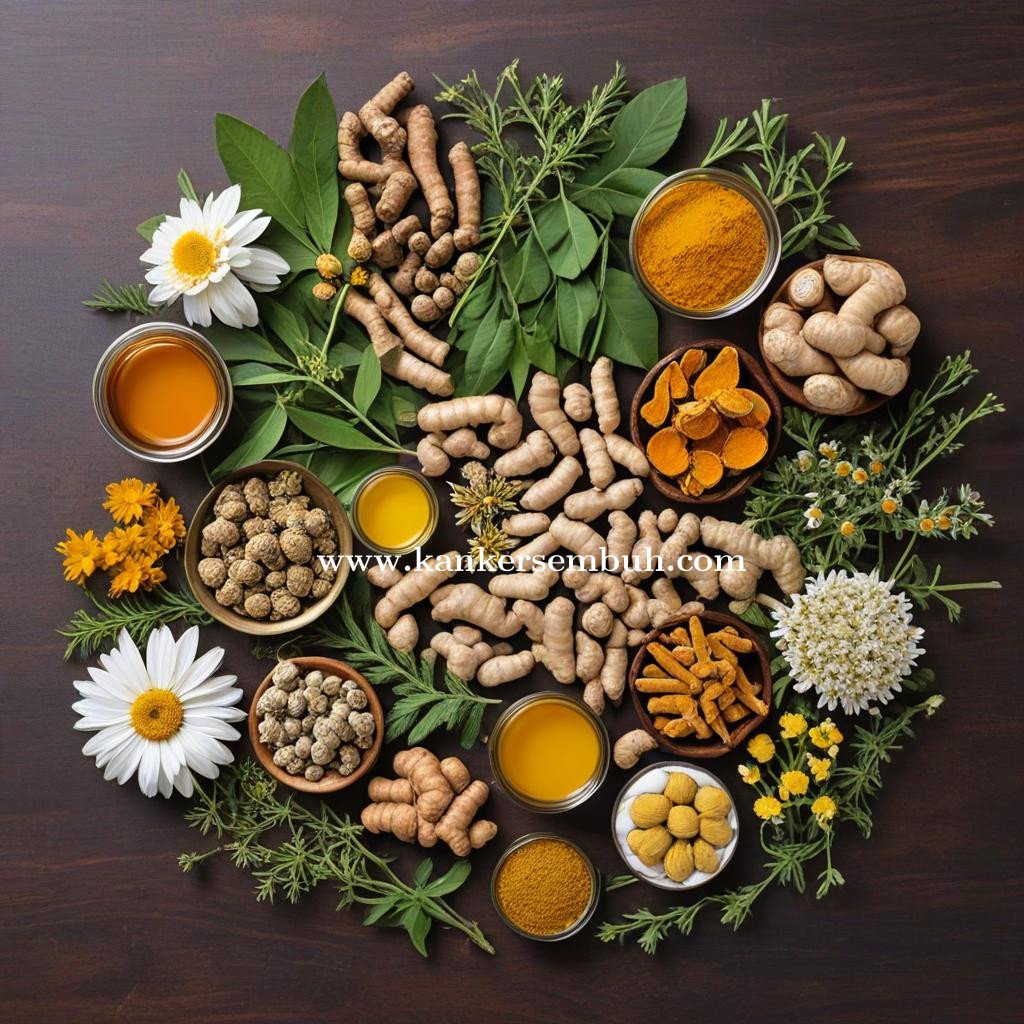- Rekomendasi Praktis Buah Anti Kanker
- MARI KENALI KANKER & CARA PENANGANANNYA
- ALTERNATIF PENGOBATAN KANKER TANPA TINDAKAN INVASIF !
- JANGAN PANIK ! Temukan Penanganan Aman Untuk Tumor Jinak di CMI Bandung
- KANKER BUKAN SEKEDAR BENJOLAN
- Herbal Medicinal Plants in Breast Cancer Treatment: An Overview
- Exploring Herbal Medicine in Cancer Treatment: Insights from India\\
- Enhancing Cancer Care: The Role of Complementary and Alternative Therapies
- The Use of Traditional, Complementary, and Alternative Medicine in Cancer Care: Insights from Sri La
- Medicinal Plants and Herbal Compounds in Cancer Treatment: Promising Research and Clinical Applicati
Exploring Herbal Medicine in Cancer Treatment: Insights from India\\
Traditional Practices and Modern Research on Anticancer Properties of Medicinal Plants

This article discusses the use of herbal plants in cancer treatment, particularly in India, known as the "World Botanical Garden". Medicinal plants not only possess natural therapeutic value against various diseases but also provide high-quality raw materials. Research indicates that several plant products have been marketed as anticancer drugs based on traditional use and scientific reports. These plants can enhance the body's resistance to infections by stabilizing bodily balance and conditioning tissues. Their anticancer activity is generally associated with their antioxidant content, making them safer compared to modern drugs, which often carry toxicities.
The use of plants in traditional medicine has long been recognized, with many containing compounds capable of preventing or treating cancer. For instance, plants grown in the high Himalayan regions, such as Zedoary (Curcuma zedoaria), Rodent Tuber (Typhonium flagelliforme), and Mahkota Dewa (Phaleria macrocarpa), have been used locally to combat cancer. Moreover, modern research has found that compounds in plants like Alfalfa, Andrographis, and Burdock have significant anticancer effects, reducing tumor size and improving overall health in cancer patients.
Although plant-based treatments offer an intriguing alternative to conventional chemotherapy, further research is crucial to understand the mechanisms of action and potential side effects of these compounds. Plants such as Autumn Crocus and Birch, despite their history of medical use, also exhibit certain side effects. Therefore, a cautious and standardized approach in using herbal plants for cancer treatment is essential. Collaboration between traditional and modern medicine can pave the way for more effective and safer cancer therapies.
Baca Lainnya :
- Enhancing Cancer Care: The Role of Complementary and Alternative Therapies
- The Use of Traditional, Complementary, and Alternative Medicine in Cancer Care: Insights from Sri La
- Medicinal Plants and Herbal Compounds in Cancer Treatment: Promising Research and Clinical Applicati
- Harnessing Botanical Medicines for Cancer Prevention: Exploring Natural Solutions to Reduce Cancer R
- Utilization and Implications of Complementary Therapies among Cancer Patients in Southeastern Turkey
Source: Plants Journal
Regarding the additional information about CMI Hospital's complementary treatment approach for cancer patients, it's a method that aims to repair cell damage caused by cancer without surgery. Alongside treatment methods, patients are educated on lifestyle and dietary patterns suitable for their conditions. Thousands of patients have successfully avoided surgeries, chemotherapy, and radiation after undergoing this non-surgical cancer healing method at CMI Hospital. The hospital remains committed to assisting cancer patients.
Contact: WhatsApp +62 821-1653-7983 (Dr. Juli)










